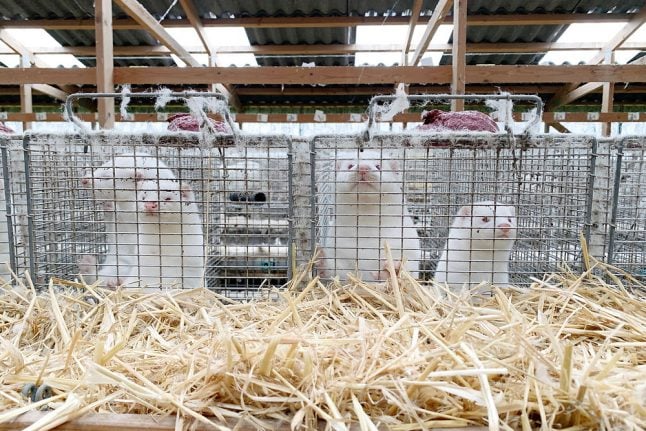The agreement, which was finalised late on Monday, introduces a temporary ban on mink farming in Denmark until 2022.
The law provides the legal basis to complete the culling of all fur farm minks in Denmark – a legal basis which has, until now, been lacking. All mink currently at breeding farms are to be destroyed, including healthy mink outside of areas local to farms where coronavirus cases have been detected in the animals.
Denmark is currently in the process of culling all fur farm minks in the country after mutated forms of coronavirus were detected in the animals.
On November 4th, the government announced minks would be culled due to concerns one of the mutations could be resistant to potential vaccines.
READ ALSO:
- Danish government under increasing pressure over illegal mink directive
- Danish mink coronavirus data 'do not support' fears over reduced vaccine effects
None of the parties on the right support the deal, with the largest opposition party, the Liberals, demanding compensation for mink farmers be secured before the law is changed to cull the remaining animals.
As such, Monday’s deal cannot be expedited as an emergency law, according to a report by Jyllands-Posten. It could therefore take at least 30 days for the law to be enforceable, due to normal parliamentary process.
“This process has been messy, I’ll be the first to admit that. The government’s decision to cull all Danish minks was difficult and we are very aware of the far reaching consequences for individuals affected in the industry,” environment and food minister Mogens Jensen said in a business ministry statement.
Minister for businesses Simon Kollerup said negotiations over a compensation package for mink breeders were ongoing.



 Please whitelist us to continue reading.
Please whitelist us to continue reading.
Member comments